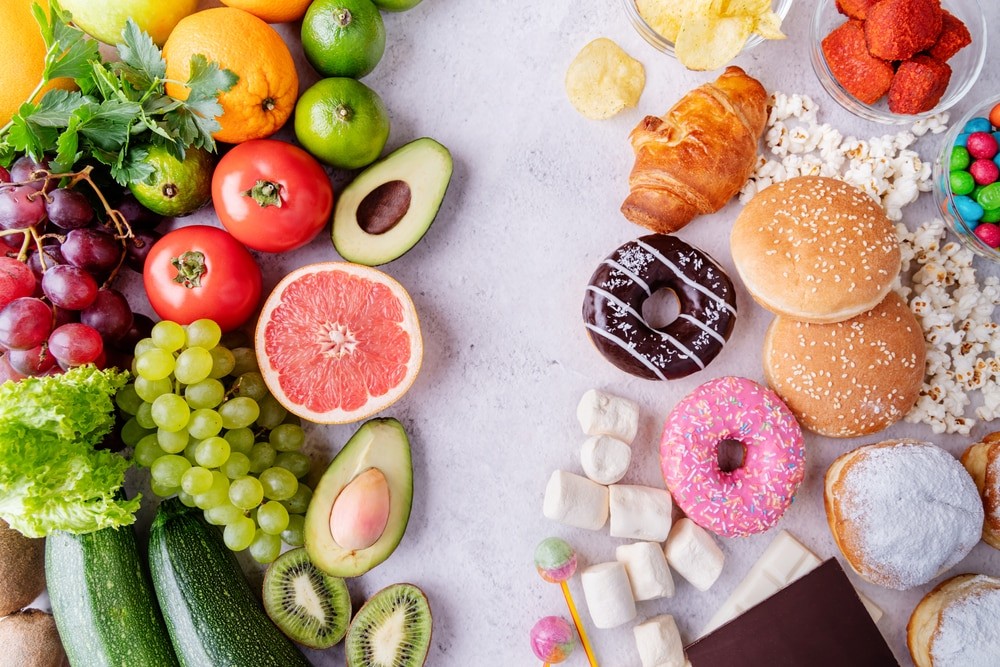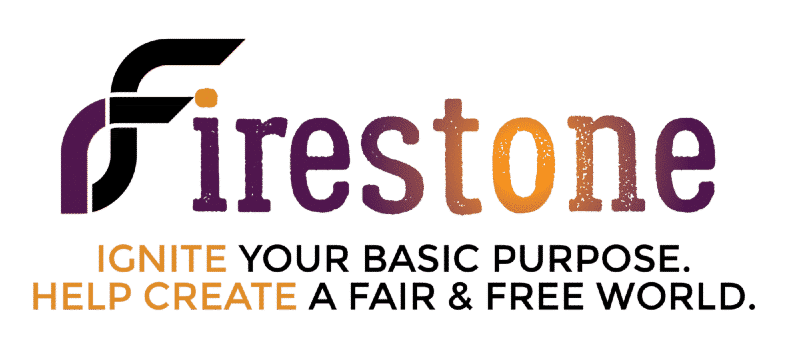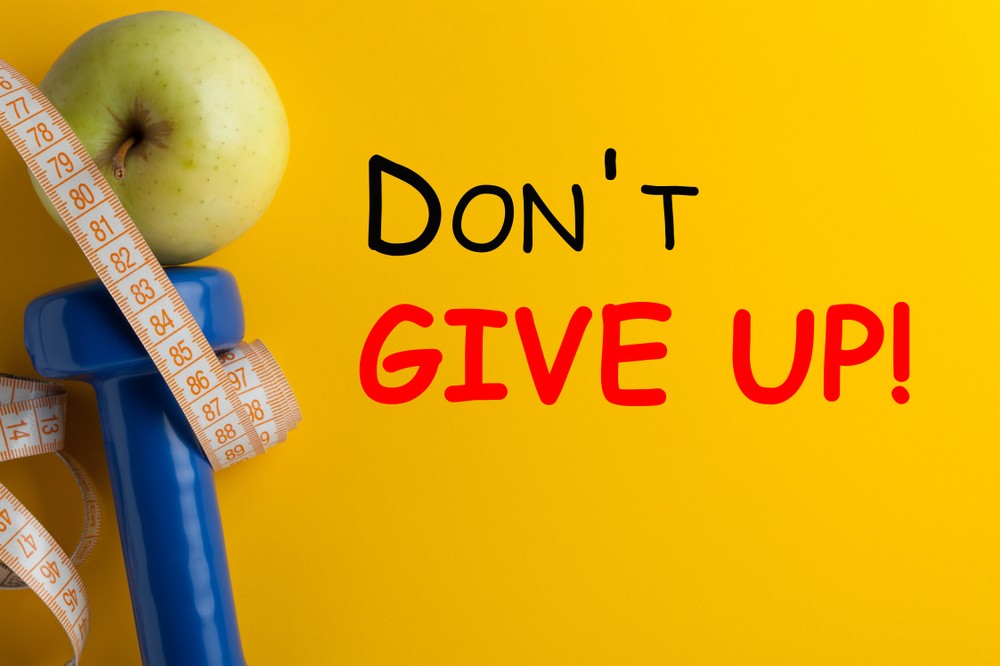
The Right to Know the Impact of What’s in Our Food
We all have the right to food! We also have the right to know the definition of food, the purpose of food, and the impact of each of the ingredients in our food. For that, we need to be educated—most likely, self-educated.
Food, noun is defined as:
- material consisting essentially of protein, carbohydrate and fat used in the body of an organism to sustain growth, repair, and vital processes and to furnish energy
- nutriment in solid form (more or less solid nourishment, as distinguished from liquids)
- something that nourishes, sustains or supplies
Source: https://www.merriam-webster.com/dictionary/food
Nourish, verb is defined as:
- nurture; rear
- to promote the growth of
- to furnish or sustain with nutriment: FEED
Source: https://www.merriam-webster.com/dictionary/nourish
What should we be feeding ourselves and our families to ensure optimal health?
The United States Department of Agriculture (USDA) Dietary Guidelines for Americans, 2020-2025, presents overall guidance in choosing nutrient-dense food and beverages in place of less healthy choices. The guidelines recognize that individuals ultimately decide what and how much to consume. However, it also states that health professionals, communities, businesses and industries, government and other segments of society all have a role to play in supporting individuals and families in making choices that align with the Dietary Guidelines and ensuring that all people have access to a healthy and affordable food supply.¹
Some nutrient-dense foods, like fruit, have a sweet taste and also contain fiber which we need. However, highly processed foods and added sugar are not nutrient-dense and are not part of a healthy lifestyle.
Danger in our Food
Harvard Health published an article titled “The Sweet Danger of Sugar” in November 2019. It said that too much added sugar can be one of the most dangerous threats to cardiovascular disease. Added sugar is sugar that manufacturers add to products to enhance flavor or extend shelf life. The article went on to say that in the American diet, the top sources are soft drinks, fruit drinks, flavored yogurts, cereals, cookies, cakes, candy and most processed foods.²
Even though there are more and more studies on the danger of sugar, you will find it in many items on grocery store shelves. The World Health Organization is challenging us to eat no more than 6 teaspoons of added sugar per day. Could you imagine putting 6 teaspoons of added sugar into your mouth each day? Even that seems like a lot!
Sugar conversion:
1g = 4 calories
4g = 1 tsp
12g = 1 tbsp
According to Eric Edmeades, designer of The Immunity Blueprint, sugar stimulates appetite and suppresses the immune system. It is a leading cause in today’s Diabesity epidemic in the United States. Added sugar has been linked to a number of health issues including: diabetes, cardiovascular disease, obesity, dementia and even cancer. If you think that artificial sweeteners are a good substitute, think again. Dr. Marlene Merritt, author of Smart Blood Sugar, says most artificial sweeteners, such as Aspartame, are nothing more than toxic junk.
If you really want that sweet taste, Healthy Keto Expert, Dr. Eric Berg, DC, recommends “good sweeteners” such as: Xylitol (non-GMO), Erythritol (non-GMO), Stevia and Monk Fruit.³ He also suggests the herb gymnema for those who need help to control sugar cravings.⁴
Interesting to note, the United States spends more on healthcare per capita (per person) than any other country in the world⁵ yet the US does not even rate in the top 10 healthiest countries.⁶ These are clear indications that something needs to change.
What actions can we take?
Read the labels! Educate yourself on the ingredients in the food you are consuming.
In summary, 1. know the purpose of food: to nourish an organism in order to sustain life. 2. consume nutrient-dense foods (if possible, work with a nutritionist to come up with the best plan for you or check with your PCP) 3. do your best to eliminate added sugar and artificial sweeteners from your diet. AND, 4. help educate others to do the same.
Take responsibility for your nourishment. Contribute to a more healthy, free world for us all.
References:
³https://www.youtube.com/watch?v=jROu0Mo3A9M&t=23s
⁴https://www.drberg.com/blog/gymnema-herb-the-best-herb-for-sugar-and-carb-cravings
Disclaimer: This blog page and website are for educational and general informational purposes only. It should not be used to self-diagnose and is not a substitute for a medical exam, cure, treatment, diagnosis, prescription or recommendation. Always seek the advice of a qualified health provider with any questions you have regarding a medical condition or changing your health regimen or diet.


